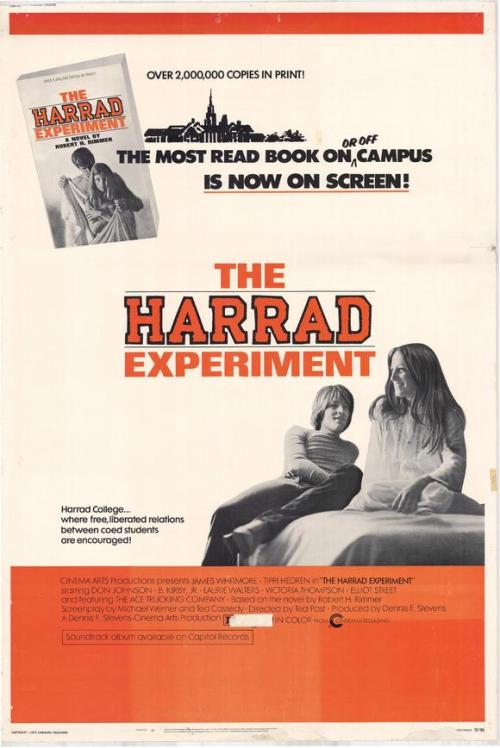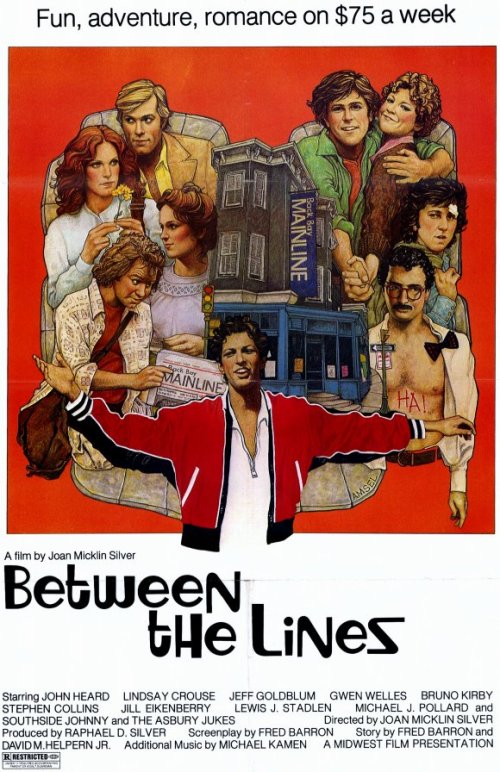By Richard Winters
My Rating: 2 out of 10
4-Word Review: A high school election.
Bobby DeVito (Bruno Kirby) schemes to get even when Christine (Lee Purcell) is able to get high school hunk Grant (Robert Resnick) knocked out of the race for class president and thus allowing her to run unopposed. For revenge Bobby decides to nominate a shy new kid Darryl (John Friedrich) as her challenger. Darryl is initially unsure about taking on the challenge, but eventually gets into it only to eventually drop-out himself when he realizes Bobby has used some underhanded tricks in order to help him win.
The script is too simplistic and better suited as a ‘life lesson’ film that teachers show to kids in grade school. The action gets too locked into the students and the high school scene instead of broadening the situation out to include the school’s faculty like it did in Alexander Payne’s Election, which was far superior because it took the central scenario and connected it not only the foibles of teens, but adults as well. In fact very few adults get seen here making it seem like they were sucked away to some distant cosmos and the teens were left to run everything.
The film is refreshing to some extent because unlike most other teen flicks there’s no crude humor or sexual innuendos and the kids behave like young adults in the making instead of delayed adolescents, which is nice. However, the story is so boringly basic and told in such a straight-forward manner that after a while I actually wanted a sex joke or two to pop-in simply to have given the thing some life.
The situation needed to be played-up a lot more. Lee Purcell, who portrays a teen here only to ironically portray the mother of one just five years later in Valley Girl, is dull, but only because the part is painfully underwritten. The character is not mean enough for the viewer to really hate her. She is also too easily broken as evidenced by the scene where she breaks down into tears because she arrives at a debate with her hair still wet.
The Darryl character is equally benign. At first he comes off like a truly awkward teen, which could’ve been fun seeing this dopey geek upend a beauty queen at her own game, but the guy slides into the noble hero role too quickly. He becomes too-good-to-be-true making him nothing more than a transparent, good-guy cliché.
Some other reviewers have commented on Didi Conn and how her goofy, supporting presence helps enliven the film. Personally I’m not a fan of the actress as her geeky looks and squeaky voice gets on my nerves, but when a film is as bland as this one I suppose she does help it, which just prove how really bad it is. I also thought ‘Almost Summer’ was a weird title as everything that goes on here happens during the school year. A better title would’ve been ‘Almost Over’ because the whole time I was watching it I kept asking ‘Is this thing almost over?’
My Rating: 2 out of 10
Runtime: 1Hour 23Minutes
Released: September 22, 1978
Rated PG
Director: Martin Davidson
Studio: Universal
Available: None at this time.



